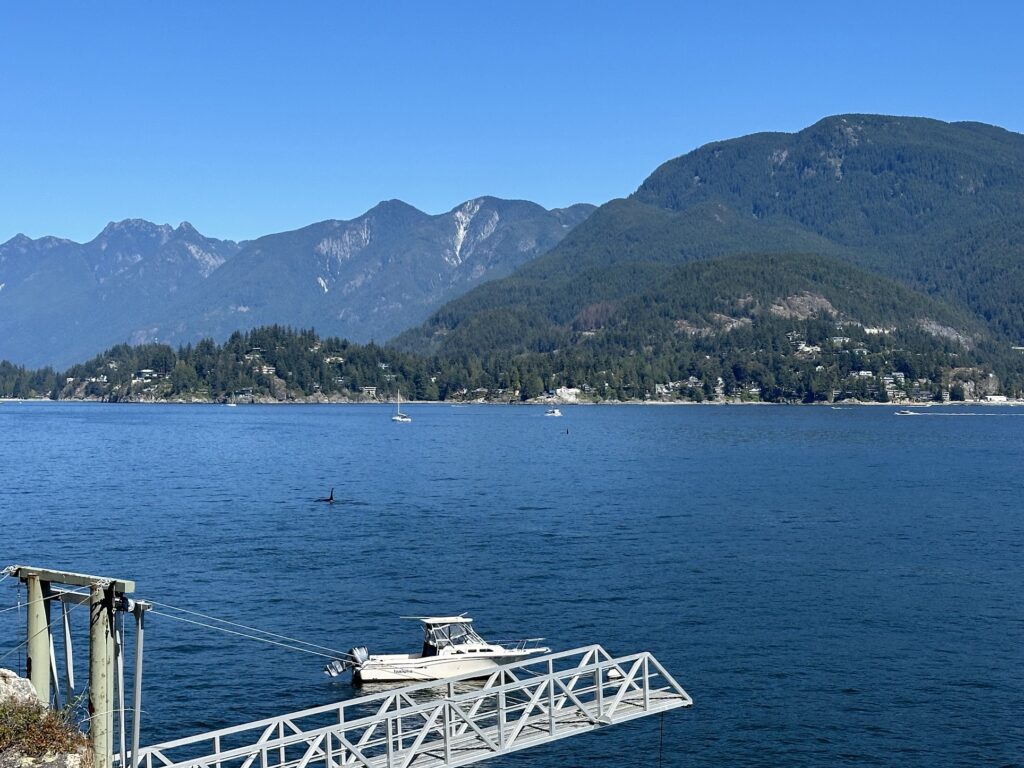For this post, I wanted reflect on the EdCamp activity we did in class. Firstly, I found the activity to be a great way to engage students and encourage reflection about 1) the broader topic, 2) what factors make up the theme, and 3) the nuances of those factors. For example, from just our class with the theme of education, we had discussions about parents, class size, and (the group I joined) school gardens.

The format of the EdCamp (voting on topics and then splitting into groups of interest) made it so that, even if the topics chosen weren’t those a person suggested, they still had a high chance of participating in a discussion that interested them. In addition, narrowing down the topics meant that similar questions could be combined into one discussion—deepening the range of discussions to be had in groups.
In our group, we explored the topic of school/class gardens. In our group there were people with a wide range of experiences and interests regarding gardening. From professional landscapers to home gardeners, everyone provided a unique perspective. As someone who doesn’t have much practical gardening experience, but is interested in plants and the environment, this was the perfect opportunity to learn more, ask questions, and add suggestions. Together, we discussed barriers holding back the creation of school gardens, some possible ways to overcome these, considerations when implementing gardens, and also the benefits that such installations would have in schools. Some examples of topics were native plants, deer and insects, food programs, and inter-grade activities. Coming in with different backgrounds, interest levels, and experiences, we had a more-than-easy time keeping discussion going, and engaging, the whole time. The only amelioration I would make to this activity was that, as we were spread out, it was difficult to join other topics (but, I was more than happy in mine, so it worked out!).
The Artsci Agora is a semesterly event where we bring together Artsci students and profs to have informal and engaging discussions outside of class. Each Agora is centered on a pressing issue or other relevant theme. This semester we will be speaking on the future of education. Dr. Clark has been kind enough to share his essay for the New Centennial Review, Abolish the University , as an optional reading prior to the event. He will be joining us us along with Prof. Jordan, Dr. Kroeker, Dr. Marquis, Dr. Savelli and (briefly) Dr. Wilson. At the start of the event we will also be viewing Dr. Giroux’s interview for the CCCB to kick off discussion. As your student program advisors, we are excited to bring this Artsci tradition back in the high resolution format of ‘being in a real physical room together’. Tickets are in our bio and they are FREE!
@sassmcmaster on Instagram (29/11/2021) Full post here
In my undergrad program, we had something similar to EdCamps, called “The Agora.” The above quote and link is from a post on the Society of Arts and Science Students’ Instagram promoting the 2021 winter Agora. These events centralized around a certain theme (for the one above, it was “the future of education”). Then, professors and students interested would attend. The event would usually begin with an introduction or more context—often in the form of a presentation or group discussion. Then, papers with subtopics relating to the main theme would be situated at each table; participants (students and faculty alike) would transition between tables and discuss the topics. So, similar to an EdCamp, minus the crowd-sourcing of topics at the event (from memory, the students organizing the Agora would send out requests for themes and subtopics leading up to the event, but they would be determined by the start of the event.
I liked the EdCamp’s format in making engaging with the topics feel more accessible. While I enjoyed the Agora I attended, it was sometimes a little daunting joining a table and not knowing the subtopic before. Having the crowd-sourced and voted in subtopics meant that I felt more connected to all the themes, and would have happily attended any group.
Continuing EdCamps!
Leaving class on the day of the EdCamp activity, I was awash with ideas for how to bring EdCamps into my future teaching practices. One I can see immediately is bringing them into my work at Shad Canada. Shad is a month-long summer experience where part of it involves students working in teams to create a product/service/business/solution to a monthly theme.
For example, the 2024 theme was: “How might we help people in Canada integrate affordable and reliable green energy sources into their everyday lives to create more sustainable communities?”
As a PA (program assistant), my part of this project has been working with the groups of students to help support their progress, to provide inspiration or mentorship, and to engage their learning in relation to all the subtopics and nuances of the theme. From our experiences in class, I believe running an EdCamp would be an amazing idea to encourage students to consider all parts of the theme; the group sourcing and voting exposes students to those sides of the issue that they may not have otherwise. Introducing a theme-launch EdCamp will definitely be something I suggest when I next return to Shad!
